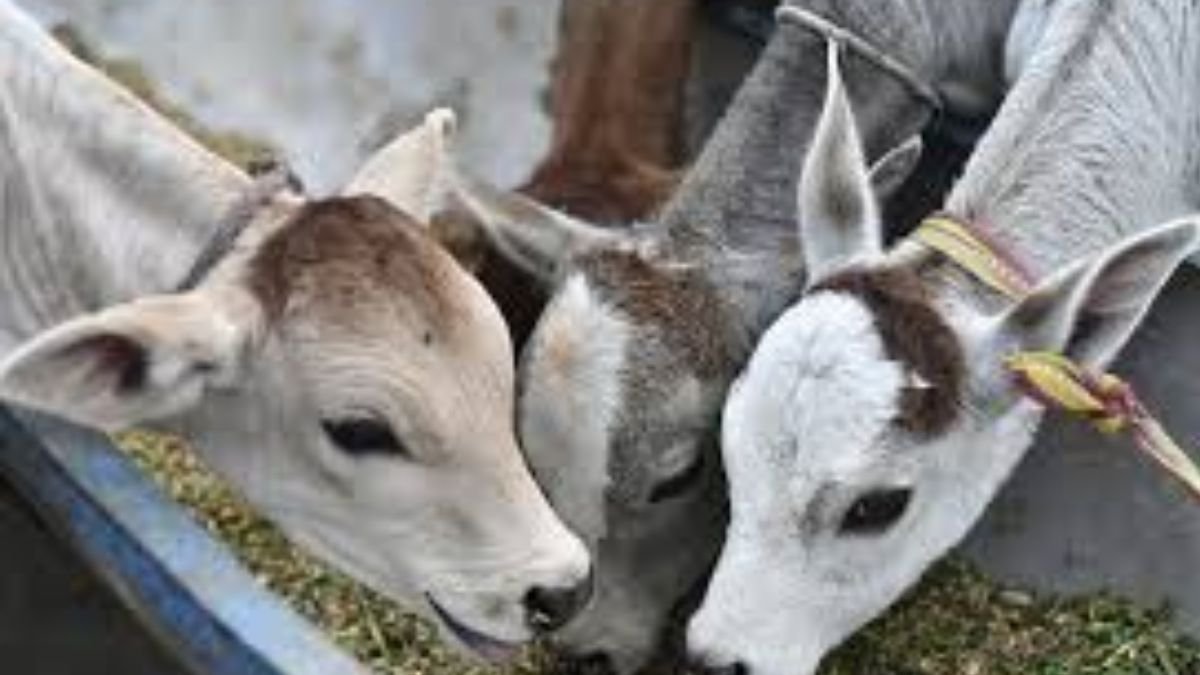New Delhi. One of the key functions of the Animal Welfare Board of India (AWBI), under Section 9(k) of the Prevention of Cruelty to Animals Act, 1960, is to impart education on the humane treatment of animals and promote public awareness against the infliction of unnecessary pain or suffering on animals. This is achieved through various means, including lectures, books, posters, cinematographic exhibitions, and more. Various steps taken to enhance public awareness and participation in animal welfare initiatives, particularly among school children are placed at Annexure-1.
AWBI is publishing various guidelines, regulations and booklets so as to sensitize the law enforcement authorities on the issues related to animal welfare laws. AWBI also organized the training programmes for the Law enforcement authorities to sensitize them on the issues related to animal welfare laws.
During this financial year, a One-day training programme was conducted for the Police Officials on 19.10.2024 at Police Training School, Thanisandra, Bengaluru on Animal Welfare Laws. During this training, sessions on Importance on Animal Welfare, PCA Act, 1960, Regulations on Slaughter and Transportation of Animals, ABC Rules and Practical Training and case studies were covered. The subject experts in the field of animal welfare laws and rules delivered their lectures to sensitize the officials of the Police Department. The Superintendent of Police and Principal, Police Training School and his team coordinated in successful conducting of the training programme.
AWBI has published four books to create awareness amongst the State Governments and UTs including Law enforcement authorities as per the details given below:
Law Enforcement Handbook on Animal Welfare Laws
Animal Law Handbook for Urban Local bodies
Handbook for Veterinary Officers on Animal Welfare Laws
Revised Animal Birth Control (ABC) module for Street Dogs Population management, rabies eradication and reducing man-dog conflict.
AWBI, on receipt of complaints regarding cruelty to animals from various parts of the country, is taking up the matters with the concerned State Governments and District Collectors / Magistrates / District Superintendent of police sensitizing them about the existing animal welfare laws for conducting an enquiry to the cruelty matters. The State Authorities are empowered to initiate appropriate action against the offenders meting out cruelty to animals and to take action as per the law.
The details of letters issued for awareness for Amroha, Uttar Pradesh are given in Annexure-2.
As per Section 3 of the Prevention of Cruelty to Animals Act, 1960, it shall be the duty of every person having the care or charge of any animal to take all reasonable measures to ensure the well-being of such animal and to prevent the infliction upon such animal of unnecessary pain or suffering.
Also, as per Section 11(1)(i) of the PCA Act, 1960, If any person, without reasonable cause, abandons any animal in circumstances which render it likely that it will suffer pain by reason of starvation or thirst; he shall be punishable, in the case of a first offence, with fine which shall not be less than ten rupees but which may extend to fifty rupees and in the case of a second or subsequent offence committed within three years of the previous offence, with fine which shall not be less than twenty-five rupees but which may extend to one hundred rupees or with imprisonment for a term which may extend to three months, or with both
As per the Article 246(3) of the Constitution of India in List II of Seventh Schedule the Preservation, protection and improvement of stock and prevention of animal diseases; veterinary training and practice is under State list on which the State has exclusive power to make laws for such State or any part thereof with respect to any of the matters enumerated in List II in the Seventh Schedule. Accordingly, it is the responsibility of the local bodies to take care of the stray animals and to regularize the process of registration of the Pet Ownership in their respective municipal areas, which will help in monitoring the number of pet animals.
Details of rules notified and advisories issued by the Central Government are placed at Annexure – 3.
Annexure-1
Steps taken to enhance public awareness and participation in animal welfare initiatives, particularly among school children
AWBI has been consistently encouraging animal welfare organizations and individuals by nominating them as Honorary Animal Welfare Representative (HAWR) to extend educational programs to schools by organizing activities such as poster competitions, painting contests, and essay writing competitions. These programs aim to foster compassion towards animals and help shape better, more responsible citizens.
To support these efforts, AWBI has developed educational modules for school children in two age groups: Class V-VIII and Class IX-XII. These modules cover various topics aimed at raising awareness and sensitizing students about animal welfare. For Classes V-VII, the subjects include Compassion for Animals, Animal Behavior, Animal Cruelty, Responsible Pet Ownership, and Animal Superstition. For Classes IX-XII, the modules cover more advanced topics like Veterinary Help for Pet and Street Animals, Conflict Mitigation, Achievements in Animal Welfare, Animal Welfare and Sustainability, Human Health, and Ahimsa (Culture and Heritage in India). These modules have been circulated to the Department of Education in all State Governments and UTs to ensure wide dissemination.
AWBI has also initiated training programs in schools to ensure that its message reaches young children effectively. In addition, regular seminars, workshops, and awareness programs conducted by State Governments and animal welfare organizations play a crucial role in sensitizing the public, particularly animal lovers.
The AWBI regularly issues advisories and circulars to raise public awareness about animal welfare. These advisories are issued during key events such as Animal Welfare Fortnight (January 14 to 30), World Animal Day, World Rabies Day, humane celebrations of Deepavali, and during the summer and winter seasons to emphasize animal welfare concerns.
Moreover, AWBI conducts training programs for Honorary Animal Welfare Representatives and issues Colony Animal CareTaker authorization letters to compassionate individuals who care for community animals in their local areas. These efforts help in promoting the well-being of animals and fostering a compassionate society.

















Leave a comment